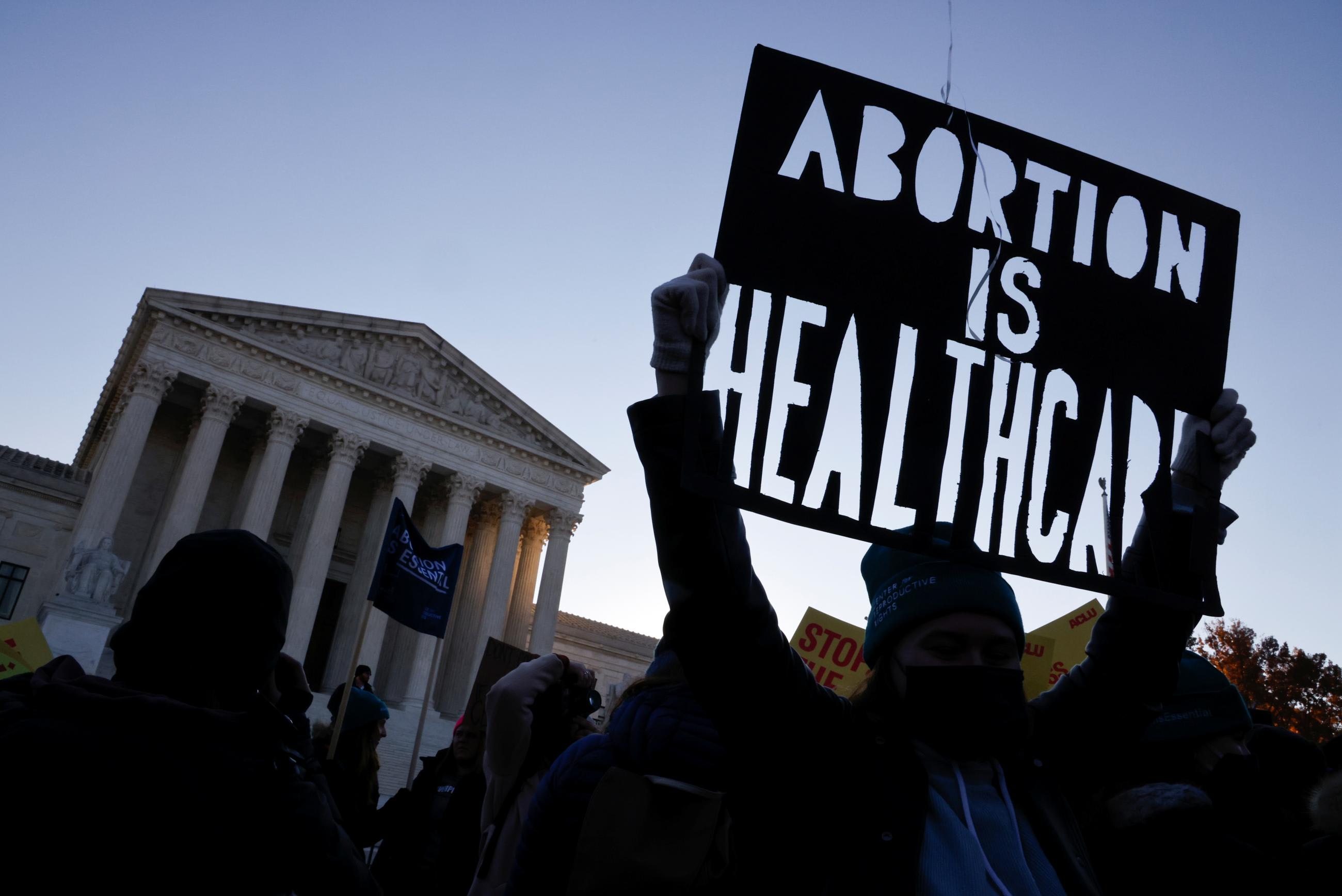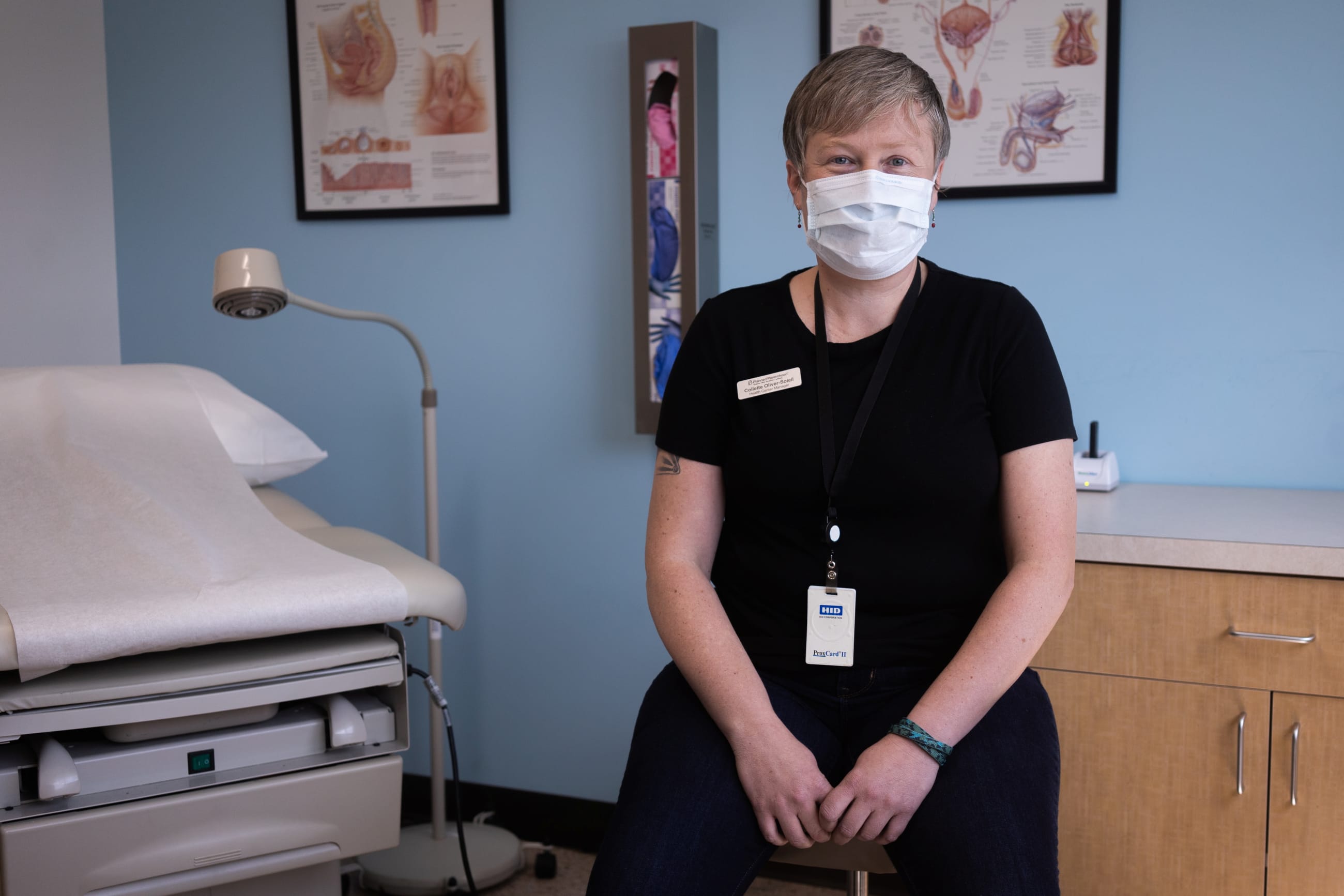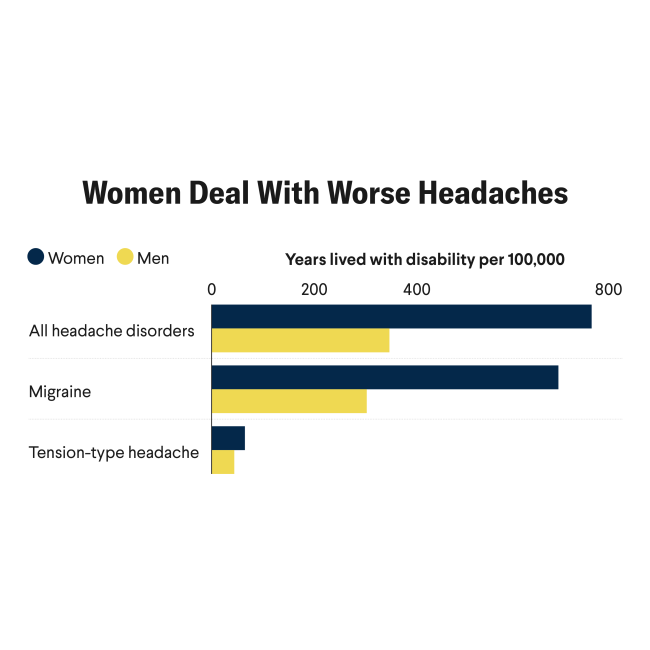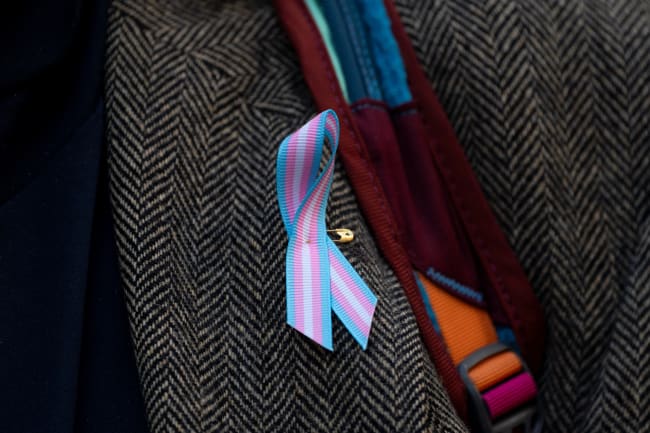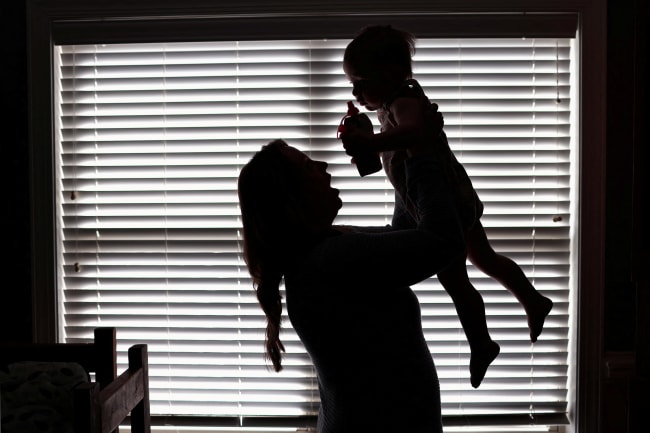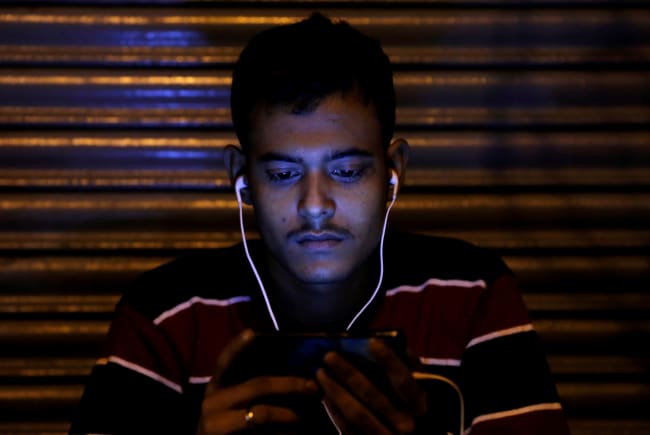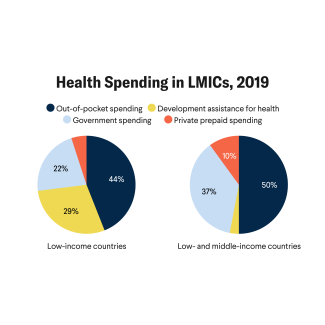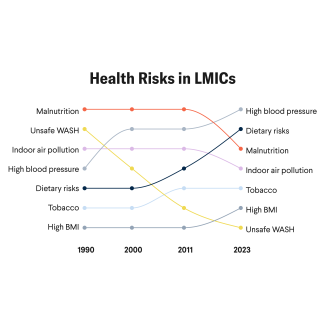After Idaho's abortion ban took effect in August 2022, a woman there was 18 weeks pregnant with twins when she found herself needing emergency care. After experiencing severe abdominal pain and kidney dysfunction, she went to the emergency department of a nearby hospital, where doctors diagnosed her with a severe pregnancy complication known as HELLP syndrome. Because of the state's abortion ban, however, she was denied the necessary termination of her pregnancy—the medical standard of care—despite being transferred to multiple hospitals across Idaho.
The woman became increasingly ill as her medical condition worsened, leading to the death of one of the twin fetuses. After hours of delay, she ultimately was transferred by plane to a hospital in Oregon. By that time, her second fetus had died, and she became gravely ill, requiring hospitalization to stabilize her condition and incurring significant medical costs. The obstetrician-gynecologist (OB-GYN) who treated the patient in Oregon shared with our team at Physicians for Human Rights (PHR) her concern about the "incredible trauma" this patient experienced because care was denied in Idaho.
Under a nearly 40-year-old federal law known as the Emergency Medical Treatment and Active Labor Act (EMTALA), hospitals are required to provide patients with essential emergency care—including an abortion if medically necessary.
Broad abortion criminalization with narrow or ill-defined medical exceptions is unworkable
On April 24, 2024, the U.S. Supreme Court (SCOTUS) agreed to hear a landmark case, Idaho v. United States, to determine whether state-level abortion bans can legally bar abortion even when these essential health services are protected under EMTALA. Idaho has sought clarification from the court on whether EMTALA can limit or preempt its abortion ban, which prohibits providing health-preserving abortion.
The U.S. Department of Health and Human Services has been clear that hospitals have an obligation to offer patients emergency abortion care to preserve their health and survival. Yet, in Idaho and another 20 states that are now enforcing extreme abortion bans, state legislation prohibits the provision of such care unless the pregnant patient's life is deemed at risk—a practice that leads to preventable and grave suffering and harm.
Although EMTALA mandates that patients cannot be turned away if doing so would lead to "material deterioration" of their health, our and others' research has shown the harms caused by state abortion bans like Idaho's that criminalize abortion care if "only" the health—not the life—of the pregnant patient is at risk. Subsequently, clinicians across the country—including in Idaho, Louisiana, and Oklahoma—need the legal protections of EMTALA because many of them fear criminal prosecution for providing emergency abortion care even when it is necessary to prevent serious physical harm and other consequences.
The state of Idaho argues that the abortion ban is consistent with the law and that the U.S. Department of Justice's lawsuit against it is twisting its meaning. Clinicians treating Idaho patients disagree. A general OB-GYN interviewed by PHR explained:
The Idaho law says you can act to save the life of the mother but there is no health exception. And that's the friction with EMTALA. EMTALA compels us to protect organ function. . . . Whereas in Idaho, no, you can only act to prevent their death. But how close, how close to death do they need to be? Are we doing CPR or where's the line? Anyone in medicine knows how ridiculous it is to think that, oh, well, when they're within two hours of death, you can proceed. Nobody knows. How can you tell? This isn't how we practice medicine.
Clinicians around the country have been reiterating the same message: Broad abortion criminalization with narrow or ill-defined medical exceptions is unworkable, and Idaho's ban undermines the core guarantees of EMTALA that protect patients and ensure stabilizing care while avoiding patient dumping. PHR has filed an amicus brief in the Supreme Court case arguing the same, which Justice Ketanji Brown Jackson cited during SCOTUS's oral arguments in April.
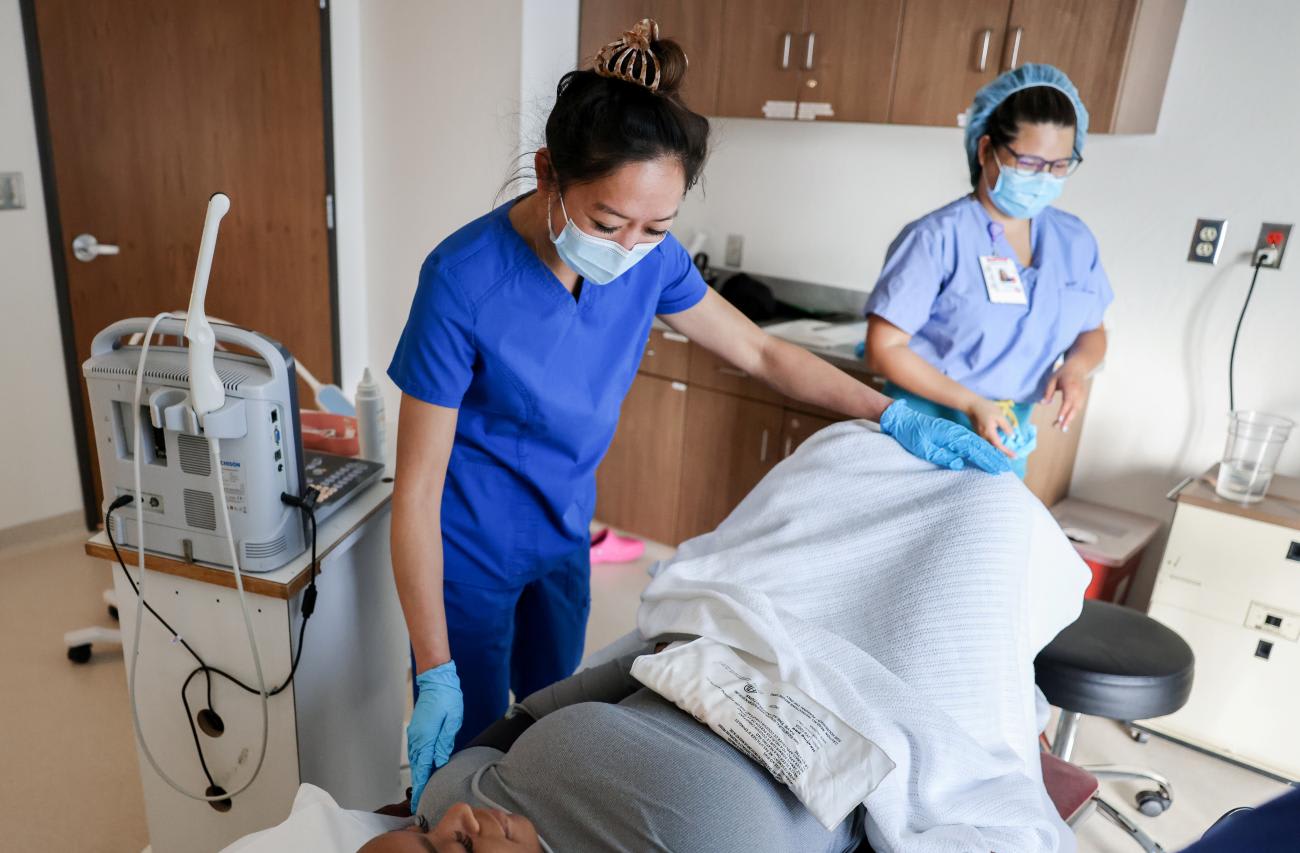
Although Idaho says that their law still allows hospitals to provide appropriate treatment in pregnancy-related emergencies, the reality is many women are still being shipped to hospitals outside the state because of the uncertainty. Clinicians interviewed by PHR following the reversal of Roe and the enforcement of Idaho's abortion ban shared stories of watching women's health spiral before providing treatment, receiving patients from Idaho who were in medical crisis and yet forced to travel huge distances, and witnessing women's fear, distress, and possible lifelong trauma. In Louisiana, physicians told PHR that similar bans have led to the inability to properly counsel patients, denials of standard prenatal care, and delays and refusals of abortion care even in situations of health risk.
During the oral arguments, Justice Amy Coney Barrett referenced the confusion surrounding Idaho's law regarding which cases of a woman in crisis are covered and the fact that clinicians could consequently still be prosecuted. Clinicians should have legal protection to provide abortion without fear of criminalization, including in medical emergencies. When states' laws fail to provide this protection, federal guarantees in EMTALA are essential if clinicians are to continue providing patients facing health emergencies with evidence-based standards of medical care without risk of criminal charges and incarceration, steep fines, or loss of their medical license.
Everyone, including pregnant patients who need an abortion, should be able to get the emergency care they need
Everyone, including pregnant patients who need an abortion, should be able to get the emergency care they need. Especially in medical emergencies, clinicians need to make swift decisions based on numerous medical factors related to the health of the patient, yet have all options of care available to render the best medical judgment. Laws that constrain medical practice turn complex medical situations into legal decisions that put patients at risk. Delays in providing medical care can have catastrophic and deadly impacts on pregnant women and their babies.
When such state bans are permitted to preempt EMTALA—as effectively done temporarily by the Supreme Court when it lifted a lower court injunction, or pause, on the enforcement of Idaho's abortion ban in January this year—the harm is swift and stark. As one maternal fetal medicine specialist in Idaho who had practice partners leave the state because of the abortion ban related, "The psychological trauma to the team and its care of people should not be underestimated. People don't sleep at night. They're afraid to come to work. . . . EMTALA really protected people, and everybody felt better."
The Supreme Court should uphold the federal EMTALA law over Idaho's abortion ban. Anything less endangers the health and lives of countless pregnant people and their clinicians.
